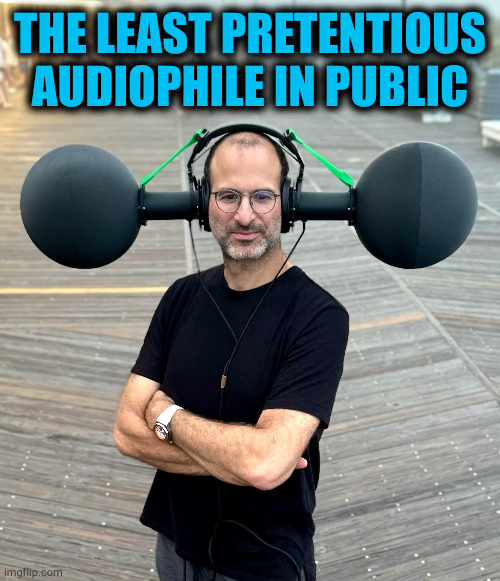this post was submitted on 17 Jul 2024
715 points (98.1% liked)
memes
12240 readers
2343 users here now
Community rules
1. Be civil
No trolling, bigotry or other insulting / annoying behaviour
2. No politics
This is non-politics community. For political memes please go to [email protected]
3. No recent reposts
Check for reposts when posting a meme, you can only repost after 1 month
4. No bots
No bots without the express approval of the mods or the admins
5. No Spam/Ads
No advertisements or spam. This is an instance rule and the only way to live.
A collection of some classic Lemmy memes for your enjoyment
Sister communities
- [email protected] : Star Trek memes, chat and shitposts
- [email protected] : Lemmy Shitposts, anything and everything goes.
- [email protected] : Linux themed memes
- [email protected] : for those who love comic stories.
founded 2 years ago
MODERATORS
you are viewing a single comment's thread
view the rest of the comments
view the rest of the comments

Yep, it's a big problem in audio and other subjective areas, because you have no way of knowing what the anonymous reviewer's point of reference is, and most professional reviewers' reference points are not suitable. It's worse too, because purchaser-reviewers self-select into their category, so you expect most people to be satisfied with the subjective aspects of a product they've purchased, even though most people would not be satisfied with a random cheap product. This is all not helped by the fact that, in audio when differences are so minute, virtually no-one is conducting blind reviews so confirmation bias probably accounts for huge amounts of the final score. Sure, any professional reviewer is going to be able to identify a bum product that costs thousands, but I bet most of them will rate an identical product more highly if they're told it costs 10x as much and comes from a fancier brand.
I've ended up crowdsourcing my recommendations from places like reddit where people tend to make tiered recommendation lists so you at least know they have the goal of producing the best products at each price level.
This exact thing happened in the wine world in 1976 during the "Judgment of Paris" wine-tasting event. The top wine critics in the world did a blind taste test of the best French wines and a bunch of unknown California wines. Naturally, everyone, including the critics, thought France would win hands-down. California won, shocking everyone. Before revealing the results, the judges were asked whether they thought the California or French wines had won. They all assumed that the wines they rated the highest were French, claiming they could tell which was which even while blinded. The interesting thing isn't so much that California wines were good, but rather that the professional judges couldn't tell the difference in a blind taste test.
The Judgement of Paris should be required study for every High School student as part of political/sociology/psychology courses (whatever they have).
Yeah, I've seen the same pattern with knives. If you just want a decent kitchen knife, you'll find tons of people who are absolutely certain, that it's physically impossible to cut anything unless the blade has been sharpened by a Japanese virgin under moonlight.
I assume, the value for money curve is a sigmoidal, where at a certain, relatively low price you get almost all the value and afterwards it only gets more expensive, but not better. But you never know, when you've reached the plateau.
I got a chef's knife as a gift. I was a bit put out that came from Wilko (a very budget brand) and it turned out to be absolutely excellent. I think it won't have cost any more than £20. I am astounded that anyone apart from professionals pays more than £100 for a knife, never mind the even more insane prices you can pay